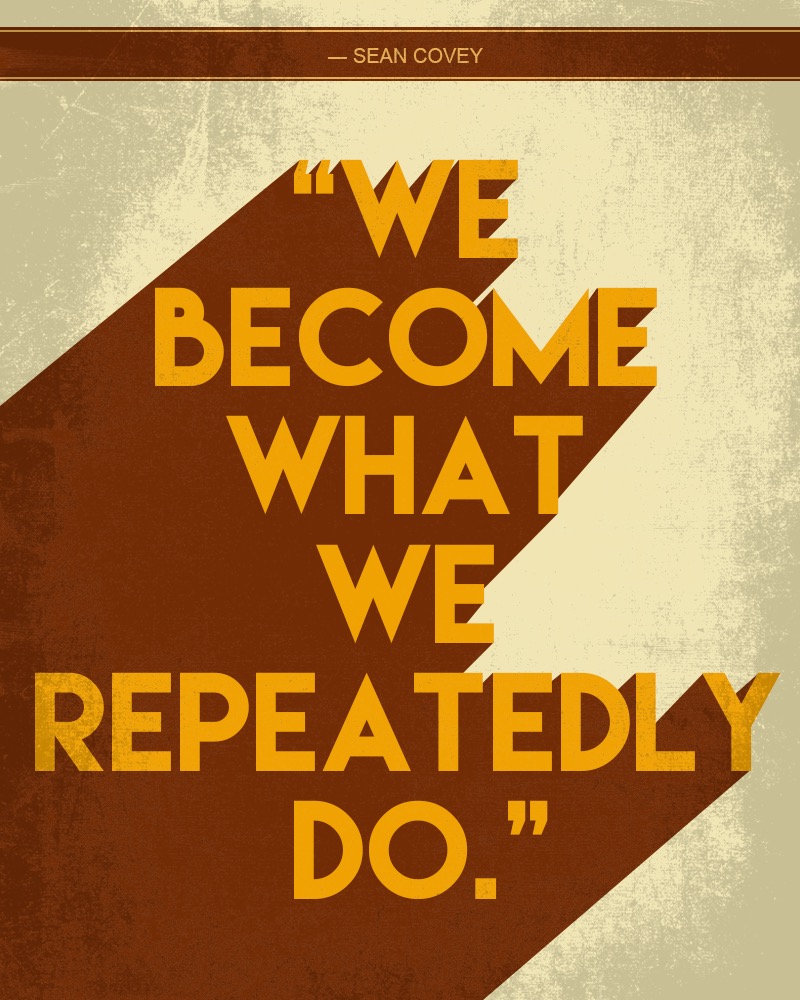Power of Repetition
 Repetition is a powerful tool that helps us learn and master skills. When someone takes piano lessons, they will be given a series of exercises to repeat. These tasks are usually scales and arpeggios. But, after the student masters these they are given more difficult exercises to practice.
Repetition is a powerful tool that helps us learn and master skills. When someone takes piano lessons, they will be given a series of exercises to repeat. These tasks are usually scales and arpeggios. But, after the student masters these they are given more difficult exercises to practice.
Learning a foreign language also requires repetition. By repeating unfamiliar words or using them in sentences, it will become more natural for the learner. People study the words, and they repeat them until they understand what they mean.
In sports, we find repetition in drills, etc. Coaches give the players a series of drills to repeat until it becomes second nature. When the player masters the skill, they won’t even need to be told to use them. Coaches only need to help the players put together a plan on when to use them.
When we were given homework in school, it was often in the form of repeatable tasks. Think back to when you had to learn multiplication tables. You simply keep repeating these until you could rattle them off without effort.

The biggest problem with repetition is people get bored. We love new experiences and the excitement that comes with them. But, when we must repeat tasks often we would rather be doing something else. That is why it’s difficult to bring ourselves to practice the piano or repeat the same words when learning a foreign language, etc.
To help alleviate the boredom of repetitive tasks, you should try to limit the time spent on them. It’s better to practice something in short durations consistently than to try and put several hours into the repetitive tasks. The key is consistency. Try to practice your skills for 15 or 20 minutes per day and then step away from it.
Another problem with repetition is we tend to fall back on it, right when we should be surging ahead. This concept is known as a plateau. When you repeat something to the point that you get good at it, you feel satisfied that you can do the task. When you try to advance to a new level, you tend to revert to this previous task and level. If this happens, try to focus on how you felt when you become skilled at the previous task. That can help you look forward to mastering the new one.
Sometimes, you may need to revisit a previously mastered skill. For instance, after you have mastered it, you set it aside and forget about it. You are a little rusty when you revisit it. The good news is it won’t take much to get it back by using repetition.
